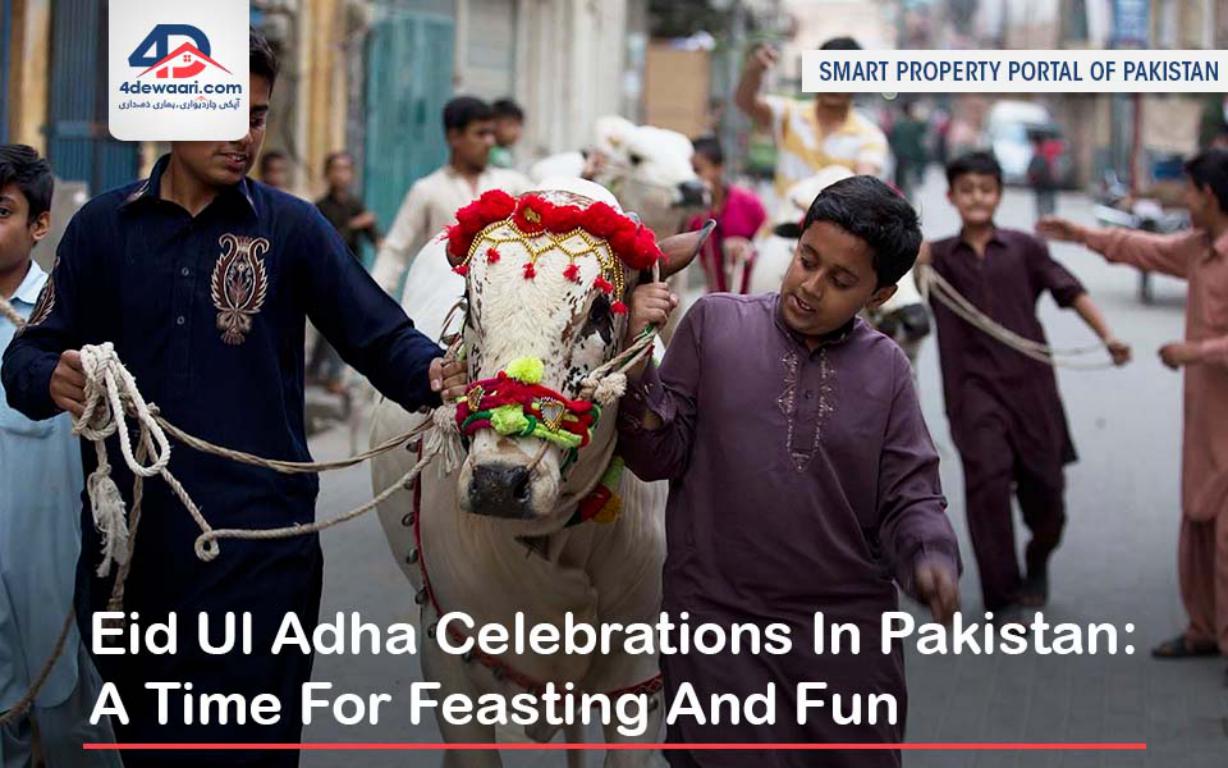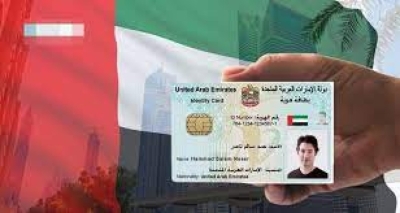Muslim communities around the world celebrate Eid-ul-Adha as a significant Islamic holiday. Prayers and an extraordinary sacrifice are offered before everyone gathers to join in the celebrations and blessings. While the entire world celebrates this three-day occasion with enthusiasm, the celebrations in Pakistan are just unique. If you want to learn more about Eid al Adha celebrations in Pakistan, keep reading this article. We've selected some of the best Eid-ul-Adha experiences in Pakistan that you won't find anywhere else on the globe.
HOW EID UL ADHA CELEBRATED IN PAKISTAN?
The Eid occurs in Dhul Hijjah, the last month of Islamic calendar. It lasts four days, during which Muslims have time to rest and relax with family and friends before preparing to return to their routine. Eid ul Adha will take place this year in Pakistan on the 10th of July. In addition, the Pakistani government has declared 5 holidays for Eid ul Adha in 2022, allowing people to fully take in this holy celebration.
Let's now discuss the “Bakr Eid or Bari Eid” celebrations in Pakistan.
The Adventurous visit to the Cattle market
For Pakistanis, the excitement begins already before Eid. To buy the sacrificed animals, the folks go to the cattle markets with their friends and family members. Most of the time, these animals are kept outside the home, where kids can't stop adoring them and developing attachments to them. They also feed and care for these sheep, goats, and camels till the day of Eid.
The Morning of the Festival
The morning of Eid ul Adha is spent in prayer and reflection. Afterward, families and friends gather to feast on traditional Pakistani foods. On this day, family members are greeted as "Eid Mubarak," particularly the elders of the home, such as the grandparents, uncles, and aunts.
The Custom of Sacrifice
One tradition that remains from pre-Islamic times is sacrificing an animal. A group of people gathers at a mosque before sunrise, slaughtering animals in remembrance of Abraham's willingness to sacrifice his son Ishmael when God asked him to. When they are done, they divide the meat equally between themselves. The meat is divided into three parts. One part goes to the needy and those who cannot afford it; one part goes to relatives, and one part stays with the celebrant.
Sweets dishes, exchange of gifts and EIDI
At home, women serve sweet dishes such as Kheer and Halwa Puri. Another tradition passed down over generations is giving money to children on this day for them to spend how they want during Eid ul Adha celebrations. There are no limits on what can be given or received, so parents are free to give as much money as they want. On Eid ul Adha, exchanging new clothes and visiting family graves are customary. With all the excellent food, heartfelt prayers, and memories shared with loved ones, this event reminds us why we celebrate each year.
Barbecue parties
What's Eid without a barbecue party? In Pakistan, Eid is all about getting together with family and friends and eating! Pakistanis love to celebrate Eid ul Adha with big, festive BBQ parties. As friends and family assemble to feast, the aroma of barbecued meat fills the air.
Barbecue parties are a staple during Eid ul Adha celebrations. On skewers, beef, mutton, or chicken is roasted over an open fire. Dishes like chicken tikka masala, korma, and biryani are usually on the menu. Toppings like tamarind chutney are offered with pieces of bread like naan, roti, and chapati. When a Pakistani expresses excitement for the upcoming Eid celebrations, they most likely mean that they can't wait for all the social events where they can indulge in a wide variety of traditional foods while enjoying quality time with friends.
The three-day event wouldn't be complete without mouthwatering seekh kebabs, juicy marinated meats, and flavorful boti. These Bakra Eid delicacies give us Pakistanis even more reasons to celebrate these festivals with enthusiasm and pleasure. The atmosphere is festive, with music and laughter filling the air.
Family gatherings
One of the best things about Eid ul Adha celebrations in Pakistan is that it's a time for families to come together. If you're hosting relatives who have come from far and wide, it's an opportunity to catch up and create new memories. People give gifts, sweets, and savory foods to share the happiness of this blessed day with their loved ones. These factors bolster the connection that exists between families and communities.
Eid is a crucial time to visit sick and older people who cannot join in the festive festivities with everyone else. The adult home men are also urged to pay their respects to the deceased by going to the cemetery.
On-going Eid parties and get-togethers
Eid-Milan parties and get-togethers, which may last for the next few weeks, typically follow the festivities. From traditional Pakistani dishes to Western favorites, there's something for everyone to enjoy. The scent of fresh-baked sweets fills the air while family members and friends gather around tables full of delicious meals and desserts. To keep up with tradition, many people make their biryani or tandoori chicken so that it's ready when relatives come for dinner.
Of course, not all families can cook these dishes themselves and order take-out from restaurants. On Eid ul Adha day, Lahore has been taken over by restaurants and street vendors selling BBQ meat on skewers grille over hot coals. Friends congregate at each other's houses for more feasts at night until well past midnight. Others visit mosques and spend hours praying, wishing Allah a happy Eid ul Adha. This holiday, according to many, is even more significant than the normal Eid because it honours Abraham's readiness to offer his son Ishmael as a sacrifice in compliance with God's order.
The Eid-Milan parties and gatherings that typically follow the festivities may last for the next few weeks. Furthermore, Muslims are likely to observe the three-day festival throughout the week, regardless of whether it occurs at the end of the week or the beginning.
Last Words
To sum up, Eid ul Adha celebrates Allah's mercy. It is a time to come together with friends and family, feast on delicious food, have fun, give gifts, or donate money to charity. After reading this article, you now clearly understand how Eid ul Adha is celebrated in Pakistan. This blog post's major takeaway is that Eid ul Adha is a time to thank God for all of his bounties. So, don't forget ALLAH! Give thanks, love, and be merciful to others! As the prophet, Muhammad (S.A.W.W) said: Be merciful even as you are being tested. Happy Eid ul-Adha in advance!















